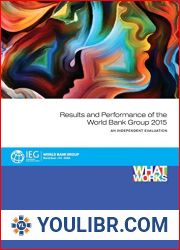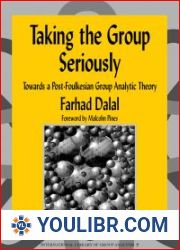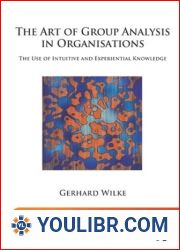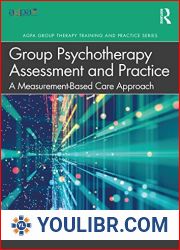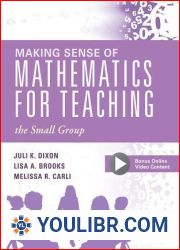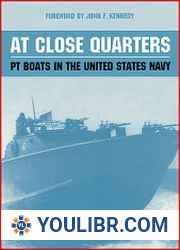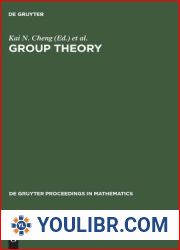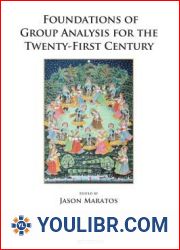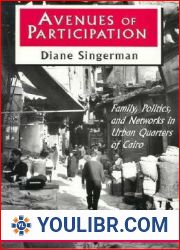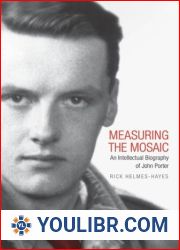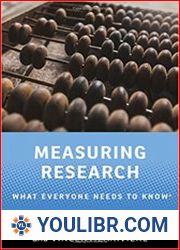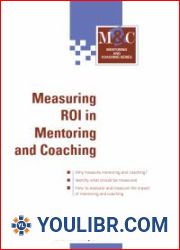
BOOKS - Measuring the Group Quarters Population in the American Community Survey: Int...

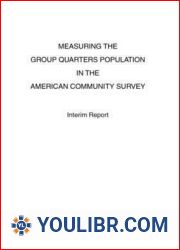
US $7.87

885443

885443
Measuring the Group Quarters Population in the American Community Survey: Interim Report
Author: National Research Council
Year: January 1, 2010
Format: PDF
File size: PDF 464 KB
Language: English
Year: January 1, 2010
Format: PDF
File size: PDF 464 KB
Language: English
Following several years of testing and evaluation, the American Community Survey (ACS) was launched in 2005 as a replacement for the census and "long form, and " used to collect detailed social, economic, and housing data from a sample of the U.S. population as part of the decennial census. During the first year of the ACS implementation, the Census Bureau collected data only from households. In 2006 a sample of group quarters (GQs)-such as correctional facilities, nursing homes, and college dorms-was added to more closely mirror the design of the census long-form sample.The design of the ACS relies on monthly samples that are cumulated to produce multiyear estimates based on 1, 3, and 5 years of data. The data published by the Census Bureau for a geographic area depend on the area's size. The multiyear averaging approach enables the Census Bureau to produce estimates that are intended to be robust enough to release for small areas, such as the smallest governmental units and census block groups. However, the sparseness of the GQ representation in the monthly samples affects the quality of the estimates in many small areas that have large GQ populations relative to the total population. The Census Bureau asked the National Research Council to review and evaluate the statistical methods used for measuring the GQ population.This book presents recommendations addressing improvements in the sample design, sample allocation, weighting, and estimation procedures to assist the Census Bureau's work in the very near term, while further research is conducted to address the underlying question of the relative importance and costs of the GQ data collection in the context of the overall ACS design.











